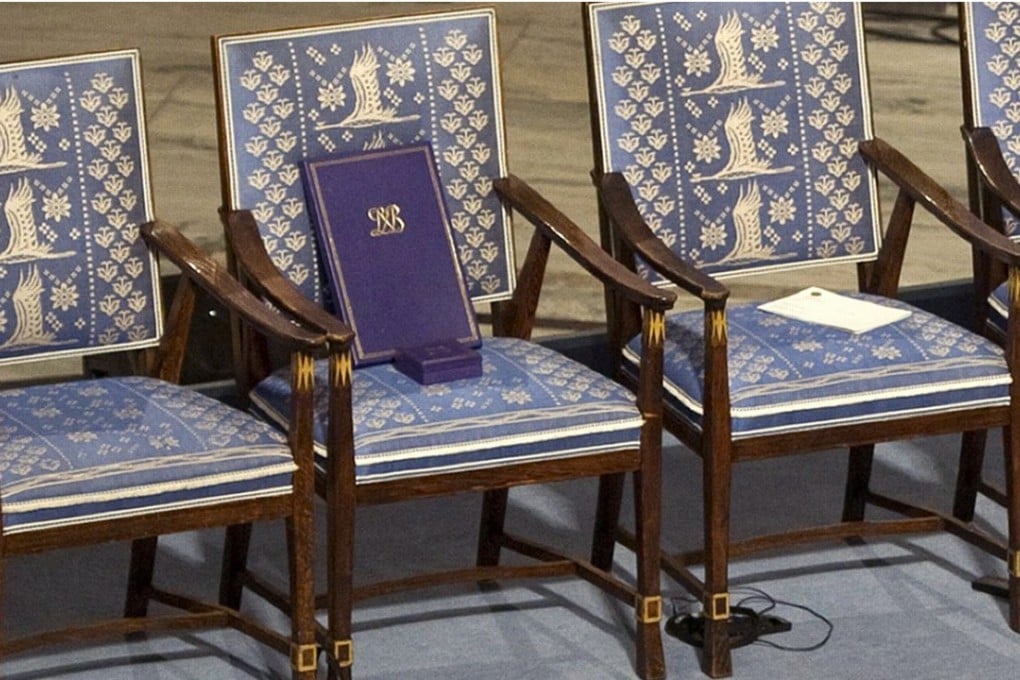Tragedy of Liu Xiaobo shows why China is not Mandela’s South Africa
John Chan says Liu Xiaobo was misled by an illusory but honest belief in a peaceful change to democratic governance, but the confident one-party system of China probably renders any such hopes futile

Liu had been in and out of prison or compulsory confinement for 10 years after being involved in the 1989 pro-democracy movement. He was last arrested in December 2008, for co-authoring “Charter 08”, in which he criticised the system, saying, despite the reforms initiated by Deng Xiaoping (鄧小平), “there are laws but there is no rule of law. There is a Constitution but no constitutional governance”.
Charter 08 told of the people’s right to choose their government and key civil servants, and officials of all levels, through elections. Based on such democratic principles, it called for “abolishing the provisions in the current Constitution that are not in conformity with the principle that sovereignty resides in the people”.
The mystery of China’s eagerness to own the term ‘democracy’
Watch: Liu Xiaobo dies in hospital
The tragedy of Liu was his belief that China’s one-party rule could be changed peacefully through his sincerity and the efforts of those in China who believe in the universality of Western democratic values.
The People’s Republic was established by the Chinese Communist Party through armed struggle. Its confidence in seeing itself as the only party given the mandate to rule came from its victory in the people’s liberation war against the Kuomintang, hence its firm belief that the Chinese people had chosen it to lead China. The monopoly of its one-party rule was thus written with confidence into the Chinese Constitution as one of the unshakeable principles. Notwithstanding policy mistakes, sometimes almost fatal, made in first 30 years of the People’s Republic, such confidence has persisted and is reaffirmed by the remarkable achievement in the transformation of Chinese society and the economic development of recent years.
Purges and party propaganda: China’s lively streaming sites get back behind the communist line
Faith in one-party rule was further boosted by the doctrine of “Three Confidences”, namely “confident in our chosen path, confident in our guiding theories, and confident in our political system”, heralded in 2012 by then party general secretary and China’s president Hu Jintao (胡錦濤). Current president and party general secretary Xi Jinping (習近平) last year added a fourth: “confident in our culture”. The “Three Confidences” echoed the three cardinal principles enshrined in the Constitution – adhering to the socialist road with Chinese characteristics, Marxism-Leninism and Mao Zedong (毛澤東) Thought, and the people’s democratic dictatorship – in addition to the unshakeable principle of the party’s leadership.